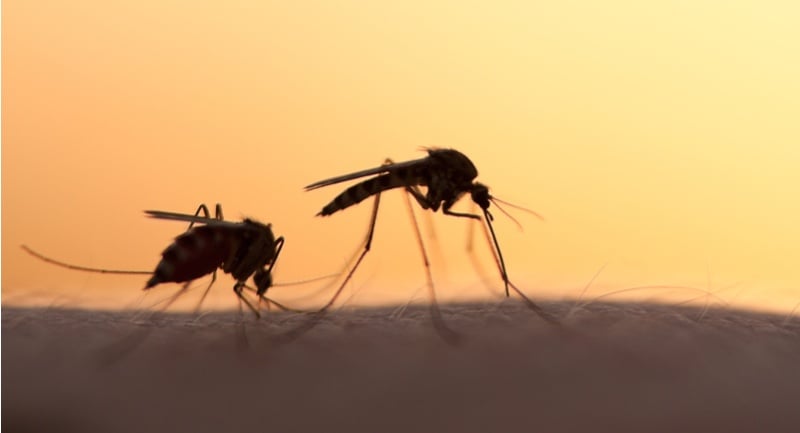Water-soluble capsules containing the eggs of genetically modified mosquitoes developed by the UK company Oxitec have reduced the mosquito population in a dengue-infected urban environment in Brazil by 95% after 13 weeks.
Aedes aegypti mosquitoes carry a number of infections including dengue, Zika, chikungunya, and yellow fever. Dengue has increased almost 15-fold over the last 20 years, and is a particular problem in Brazil.
In order to reduce the spread of dengue, Oxitec releases genetically modified male Aedes mosquitoes into the environment. Once in the wild, these insects breed with local female mosquitoes and pass on a gene that causes female offspring to die at an early age. This method was reported to suppress the Aedes aegypti population by up to 96% in Brazil last year.
Normally, Oxitec — recently sold by the US company Intrexon to the US VC firm Third Security — releases adult mosquitoes into the wild from airtight vehicles, which requires specialized equipment, infrastructure, and trained staff. However, with Brazil giving full approval of Oxitec’s genetically modified Aedes aegypti today, the company recently tested a way to scale up the release of the mosquitoes.
Oxitec’s new technology encapsulates eggs containing male larvae from its genetically modified Aedes aegypti mosquito. The capsule is designed to dissolve in water and provide a cheaper and easier release method for non-experts.
“It was definitely much more labor-intensive and therefore also more expensive to do this in the past,” Nathan Rose, Head of Regulatory Science at Oxitec, told me. “This makes it much more accessible and allows us to deploy in a much wider range of contexts as well.”
The trial took place in an area of the city of Indaiatuba, Brazil, with approximately 1,000 residents. Capsules were placed in water in residential properties in the area at least once per week over 13 weeks. At the end of this period, compared with other areas of the city that had not been treated, the population of mosquitoes had decreased by 95%.
A key advantage of the capsules is that they are economical and easy to order and store. “As long as you store them within the right temperature range and humidity range, you can store them for several weeks or even months,” said Rose. “We wanted to make sure that this is going to be accessible and affordable for places that need it.”
Oxitec obtained a permit from the US Environmental Protection Agency earlier this month to trial this technology in the US. The company is also hoping to use this technology to release other species of genetically modified insects in the future, such as two species of Anopheles mosquitoes that transmit malaria.
Rose was confident that the same technology will work in Anopheles as it has in a range of other insect species. “The biology of that particular mosquito is a little bit different, so it might be that we need to tweak it slightly, but this is definitely the way we want to move in the future,” he explained.
“It might not be eggs but it might be some other life stage that is easy to transport… it’s definitely something that could be applied to other insects too.”
In addition to mosquitoes, Oxitec is developing similarly modified strains of agricultural pests such as the diamondback moth, the fall armyworm, and the soybean looper moth.
Oxitec was also the focus of a media scare in September 2019 after a research paper in Scientific Reports suggested that the surviving mosquitoes from Oxitec’s control programs could lead to hybrid strains that are more resistant to insecticides. However, the paper — labeled “inaccurate and misleading” by Oxitec — received widespread criticism for its conclusions. Objections even came from some of the paper’s own authors, one of whom claimed that the final version of the article was different from the version that the authors all agreed on.
In response to the criticisms, Scientific Reports posted an editorial addendum listing the issues with the study in March this year. The paper’s authors remain divided over whether they agree with the criticisms or not.
Image from Shutterstock





